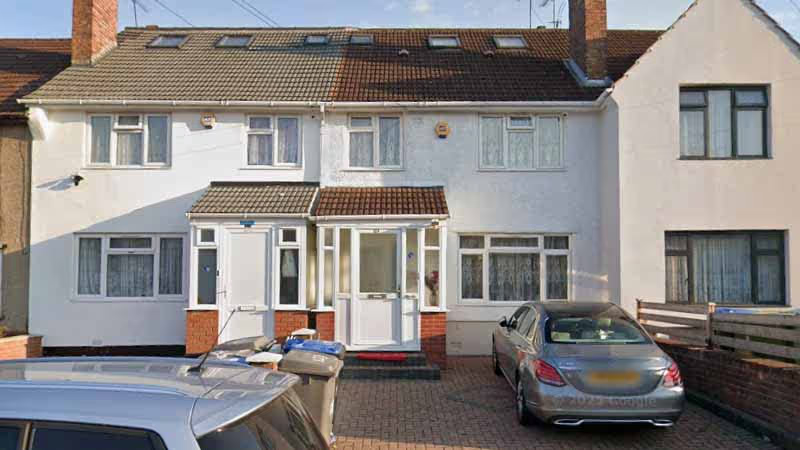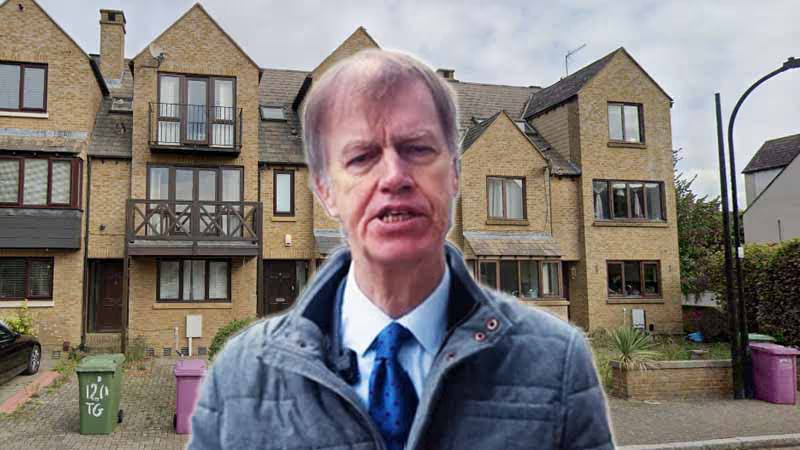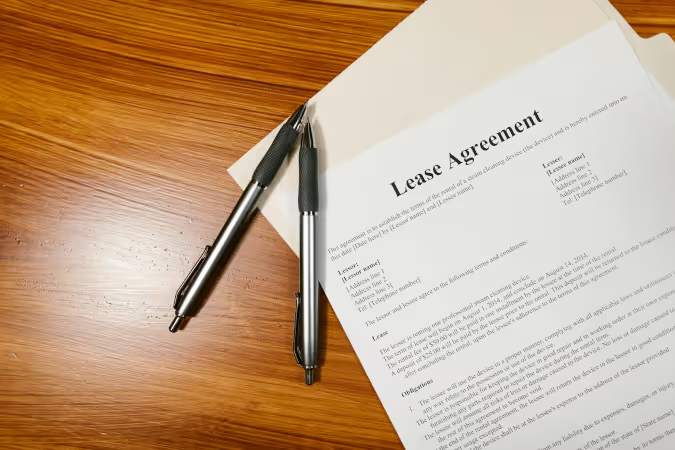A group of six leading freeholders and property industry groups have failed in their High Court bid to reverse last year’s leasehold reform legislation.
The freeholders, who include the Duke of Westminster and Earl of Cadogan, had argued in the High Court that the Leasehold and Freehold Reform Act 2024 was incompatible with their human rights – referred to as A1P1 – and infringed their right to enjoy their private property interests in leaseholders’ homes because it does not strike a ‘fair balance between them and the leaseholders’.
Those seeking to overturn the legislation included such blue-blooded individuals but also groups of investors who had bought properties primarily to earn income from ground rents as well as charities, and investment firms.
Between them they have portfolios totalling over 200,000 leasehold flats and houses out of the 950,000 that exist in England and Wales.
The judges, despite dismissing the claims in the High Court, agreed that the reform legislation would have an ‘extensive’ detrimental effect on these organisations and individuals.
Key areas
Three key areas of the act under consideration included reforming the ground rent cap, marriage value and costs recovery mechanism, changes which severely restrict freeholders’ ability to earn income from their estates and recover costs when leaseholders challenge decisions.
Within a very long, technical and wide-ranging judgement running to some 170 pages, the judges in the case rejected all three freeholders’ arguments and in each case said the arguments for reforming each key area of leaseholds was ‘robust’ and ‘balanced’.
The freeholders also argued that the reform measures had a cumulative effect on them as well as individual, which was also rejected.
“Having concluded that each of the three reforms represented a fair and proportionate means of addressing different aspects of the unfairness inherent in the leasehold model of property ownership, and that none had the effect that the particular element of the total amount payable to a landlord on enfranchisement ceased to be reasonably related to market value, we are satisfied that the claimants are no better placed by asking the court to consider the cumulative effects of the three measures in A1P1 terms than in considering them in isolation,” the judgement says.
“We conclude that the measures under challenge, the Ground Rent Cap, the Marriage Value Reform and the Costs Recovery Reform, whether considered individually or cumulatively, including their application to charities, are compatible with A1P1. Accordingly, each of the claims is dismissed.”















.avif)
.avif)




%20(1).avif)
















Comments